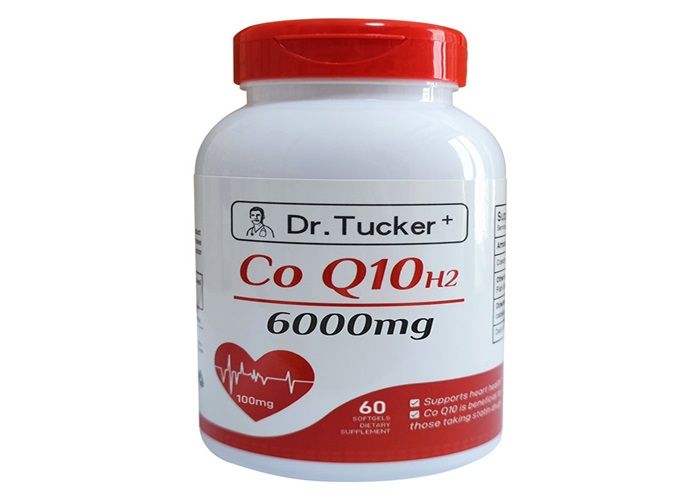The decision by the United States to ban health products containing coenzyme Q10 has sent shockwaves through the health and wellness industry. Coenzyme Q10, a compound that was widely available in various health supplements, has now become a focal point of regulatory action.
Coenzyme Q10 has long been promoted for its potential health benefits. It was commonly believed to play a role in energy production within cells, and many consumers were using it in the hope of improving heart health, reducing the side effects of certain medications, or even as an anti – aging supplement. However, the US regulatory authorities have determined that there are sufficient reasons to prohibit products containing this compound in the health product market.
Renowned universities and their research institutions are major publishers of CoQ10 research. For example, Harvard University, Stanford University, and other top educational institutions conduct in-depth studies on various aspects of CoQ10, such as its effects on human health, its role in specific diseases, and its interaction with other substances.Their research is often peer-reviewed and contributes significantly to the scientific understanding of CoQ10.
Institutes like the National Institutes of Health (NIH) in the United States conduct and publish research on CoQ10. They focus on exploring its potential applications in the treatment of various diseases, its impact on human health, and related mechanisms.These research findings help to inform medical practices and the development of new therapies.
Professional associations in the medical and health fields, such as the American Society for Reproductive Medicine (ASRM) in the case of certain related research areas, may also publish studies on CoQ10. Their research is often focused on the practical application of CoQ10 in specific medical contexts and its implications for patient care and treatment.
Pharmaceutical companies that are involved in the development and production of CoQ10 supplements or related drugs may conduct research to evaluate the efficacy, safety, and quality of their products. They may also publish research reports to support their marketing claims and to contribute to the overall knowledge base of CoQ10.
There are independent research organizations and think tanks that focus on specific areas of health and nutrition. They may conduct studies on CoQ10 and publish their findings to provide insights and recommendations for the scientific community, policymakers, and the general public.
Many scientific journals, such as Scientific Reports and other well-known journals in the fields of medicine, biology, and chemistry, publish research reports on CoQ10. These journals have a rigorous peer-review process to ensure the quality and validity of the research.
The ban is based on a comprehensive evaluation of the available evidence. One of the main concerns may be related to the safety profile of coenzyme Q10. Despite its popularity, there may have been reports of adverse effects that, upon review, raised red flags. These could include potential interactions with other medications or unexpected side effects in certain populations, such as those with pre – existing medical conditions.
Another factor could be the lack of consistent and reliable scientific data supporting the claimed health benefits of coenzyme Q10 in the forms and dosages available in the over – the – counter health products. While there may have been some initial research suggesting positive effects, the regulatory bodies may have determined that the evidence was not strong enough to justify the continued sale of these products without further investigation.
For consumers who have been using coenzyme Q10 products, this ban has significant implications. Many may be left wondering about the potential risks they may have been exposed to and what alternatives are available. Some may have been relying on these products as part of their daily health routine, and now they need to reevaluate their choices.
The health – focused target audience, including consumers, healthcare providers, and the supplement industry, is closely watching this situation. Healthcare providers will need to be informed about the ban to provide accurate advice to their patients. The supplement industry, on the other hand, will have to adjust its product lines and may face challenges in terms of inventory management and potential financial losses related to the now – banned coenzyme Q10 products.
In conclusion, the US ban on coenzyme Q10 health products is a significant event that has wide – ranging consequences. It highlights the importance of regulatory oversight in the health product market and the need for consumers to stay informed about the safety and efficacy of the supplements they use. As the situation unfolds, further analysis and communication will be essential to understand the full impact of this decision.
Read more
- Boston Fire Department honors first female firefighter after 40 years of service
- Students from Berklee College of Music perform for animals at Franklin Park Zoo
- DA identifies man found fatally stabbed in Voke Park in Chelsea


